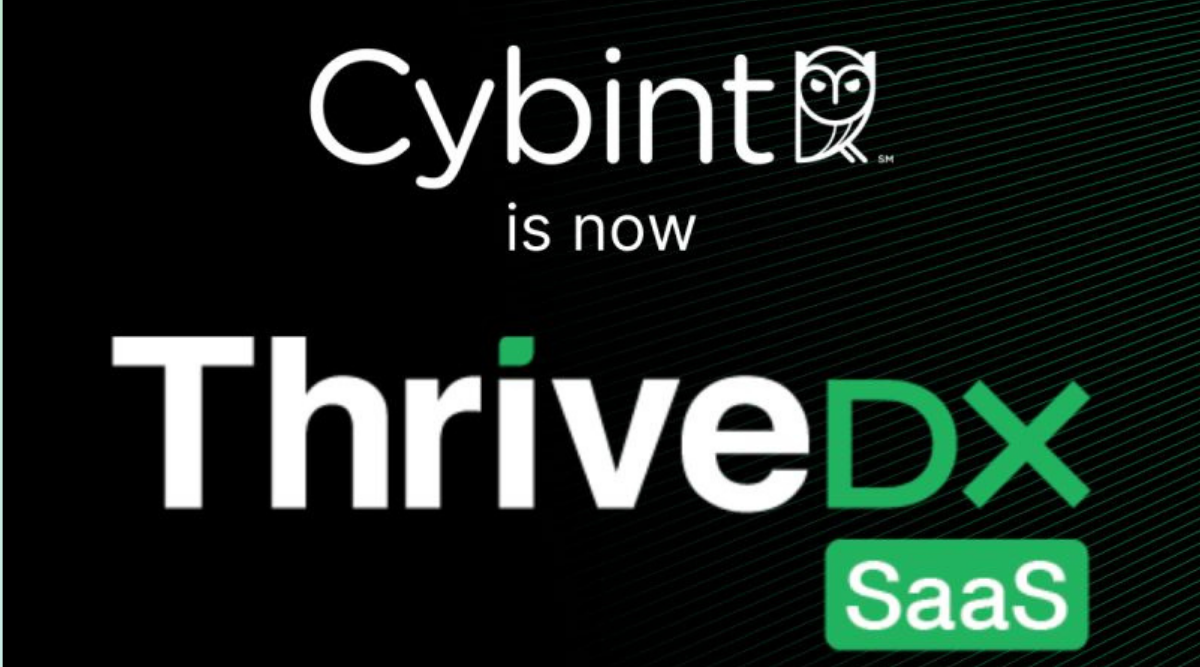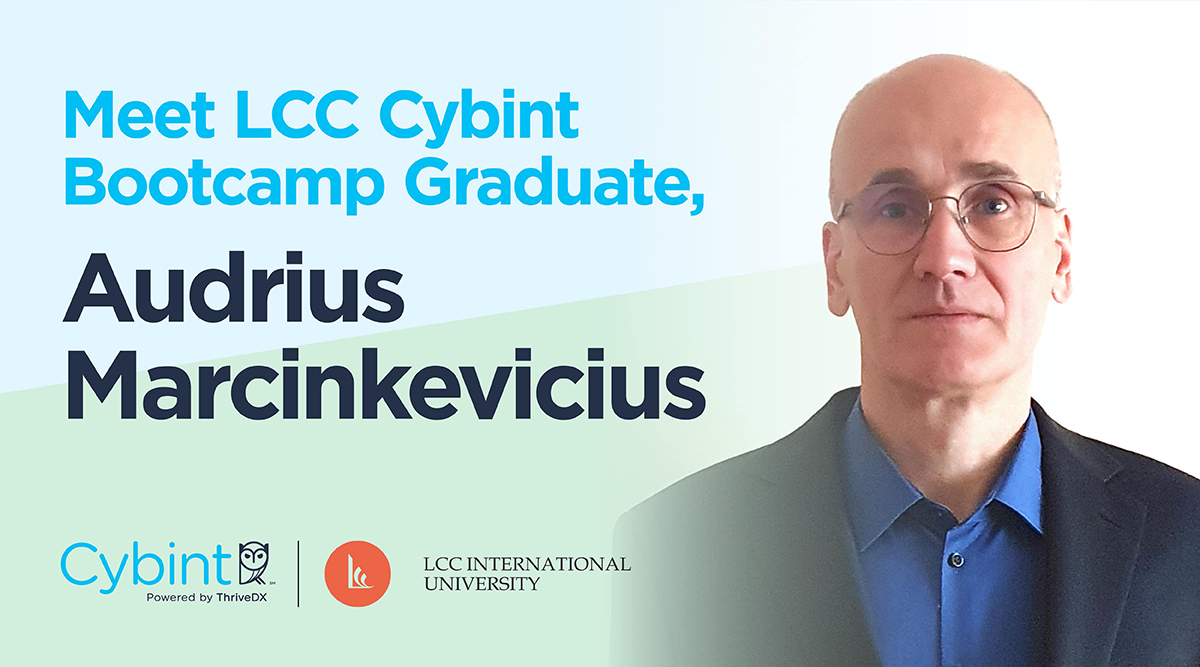As we move further into a future that relies primarily on cybersecurity to protect core business assets, digital defense skills have been of growing importance globally – but particularly in Higher Education. Colleges must ensure they’re doing more than just helping students land a good first job, they also have to teach students how to be flexible and apply the cyber skills they learned in the real world to a variety of different roles, especially in a rapidly changing industry.
Virtual Machine Training
More colleges are experimenting with immersive learning experiences that go beyond traditional study abroad, co-ops and internships to combat the skills shortage in cybersecurity. “Too often what I see in our industry is guided step-by-step coursework, that is very linear, with answer guides that are served up too easily,” says Tom Polliard, Occupational Program Director at Estrella Mountain Community College (EMCC). Recently, EMCC integrated Cybint Solutions’ Cyber Security Analyst (CSA) Lab into their curriculum to enhance their blossoming Cybersecurity Center of Excellence. The CSA Lab is a hands-on cloud-based education solution that offers advanced practical training in a virtual machine environment. Some features of the CSA Lab include 10 authentic cyber incident scenarios, problem-solving exercises to sharpen both technical and soft skills, a Final Exam based on a real-life CSA job interview, and a CSA certificate at completion.
As occupational program director for computer information systems programs, Tom Polliard is on the front lines of teaching and learning every day. And he’s seen it all when it comes to curriculum solutions, especially in computer information systems and cybersecurity. “Cybint has a good structure and methodology for helping both technical and non-technical students gain a solid understanding of fundamental cyber intelligence and discovery concepts,” says Polliard. “But they also have a very thorough program for students who want to pursue a cybersecurity career. It’s been a good balance between the two, and a good fit for our CIS program and students.”
On-The-Job Readiness
Polliard and his colleagues at EMCC work closely with local employers on workforce education initiatives. There is an ongoing dialogue about what employers need in new graduates and how EMCC and Cybint can meet those needs. Instructors and students alike find the structure and pace of Cybint’s online training and lab simulations to be relevant, timely, and fair, and in line with employer expectations for new job candidates. This result confirms that in fact, skills-learning has a positive impact on future cyber professionals’ on-the-job expectations and making sure it aligns with actual employers filling those positions. Additionally, EMCC students going through this rigorous training program now have the upper-hand when it comes to their career outlook post-graduation. With cyber professionals being some of the most sought out candidates across industries, students with the proper education and skillset will have many doors open for them.
It’s no secret that the digital world needs more agile and resilient thinkers with a serious handle on problem-solving capabilities. Those who will be able to navigate the turbulence of the workforce of 2030 or 2040 will need to be taught new ways of connecting theory and lecture-learning to the application of knowledge and skills. We are going to have to present our students with real-world problems to solve and not stop at theories alone but have them learn to solve them by doing.
Which is why for Tom Polliard and EMCC, it’s not just about teaching their students the bits and the bytes of cybersecurity, it’s about teaching them to think. Polliard wants them to think about problems, potential solutions, and the implications of both. In his professional opinion – backed up by 25 years of teaching experience – it’s about research, problem-solving, trial and error.
Results
Estrella Mountain Community College has proudly been designated a National Center of Academic Excellence (CAE) in Cyber Defense Two-Year Education by the National Security Agency and the Department of Homeland Security. The Arizona college is only beginning to make footprint in the landscape of cybersecurity education and is planning to expand teachings into more areas of study to adjust with the industry. Cybint is excited to be a part of their commitment to cyber education and is looking to be alongside the Maricopa Community Colleges as workforce needs change. “Cybint brings a timely and valuable real-world perspective on cybersecurity that gives our students a better learning experience and makes them more valuable to employers,” says Polliard. “Our students win, employers win, and we win.”







